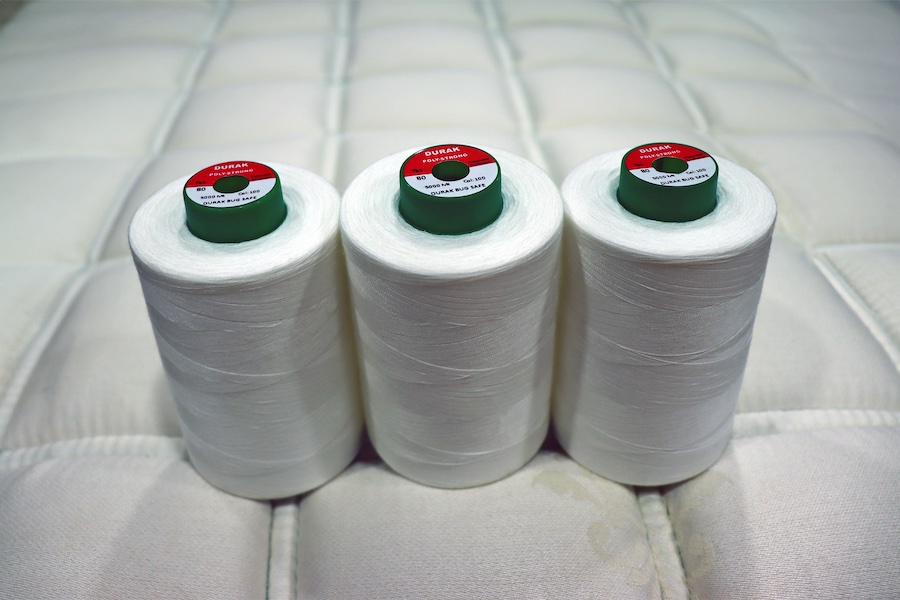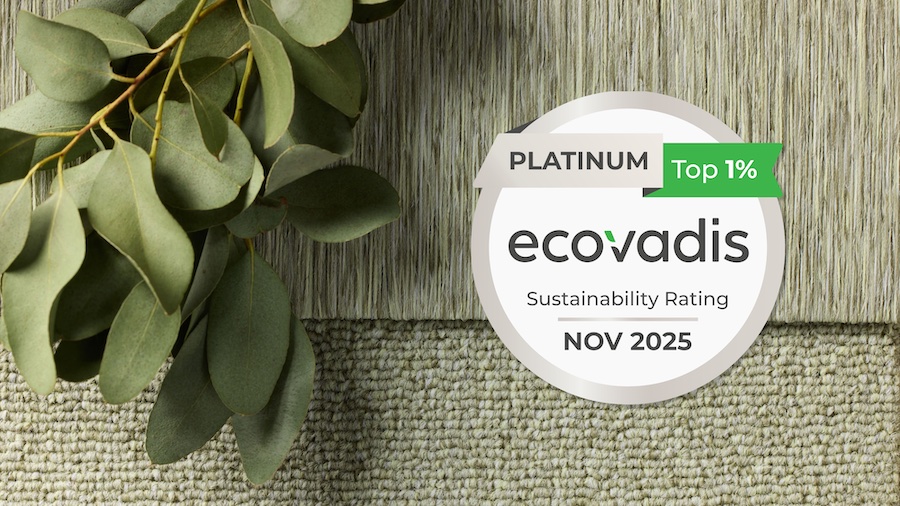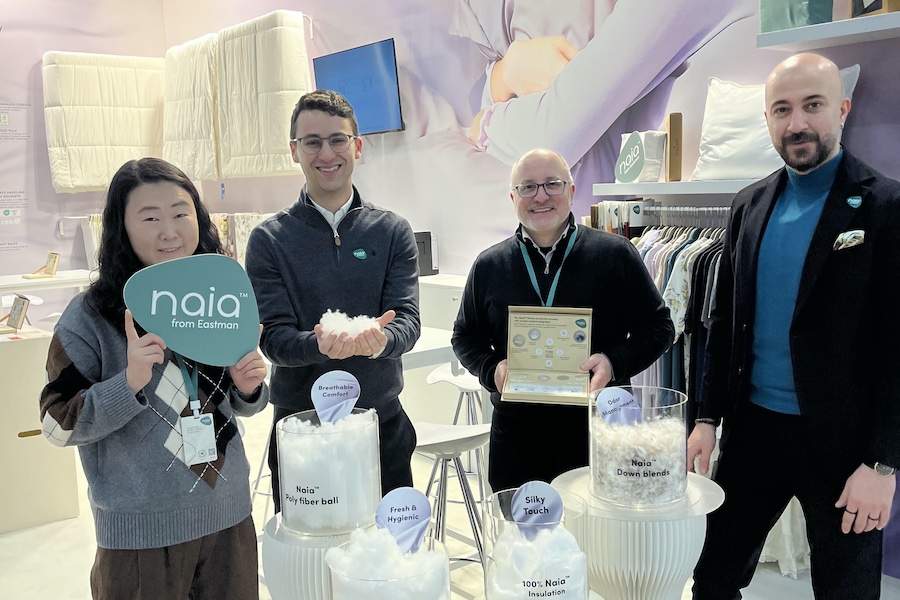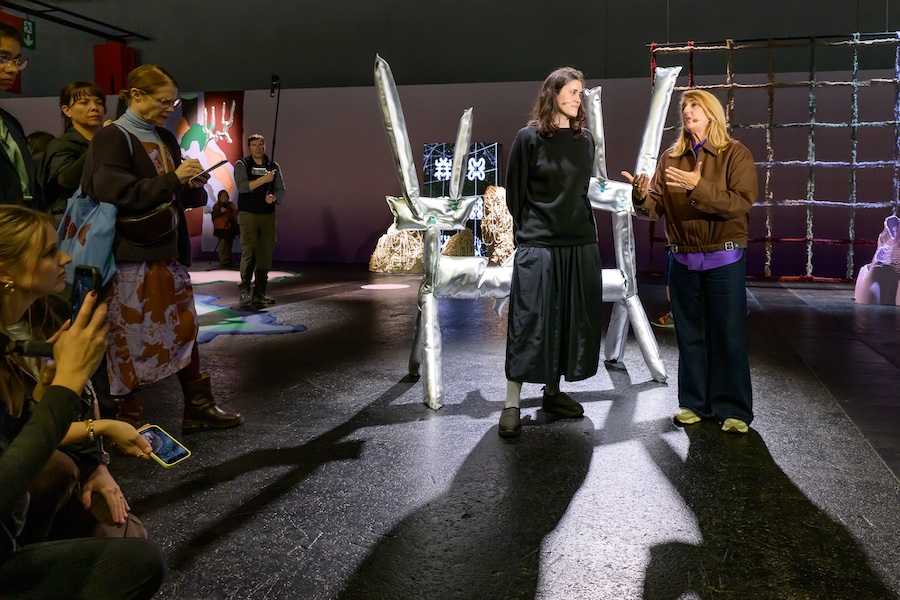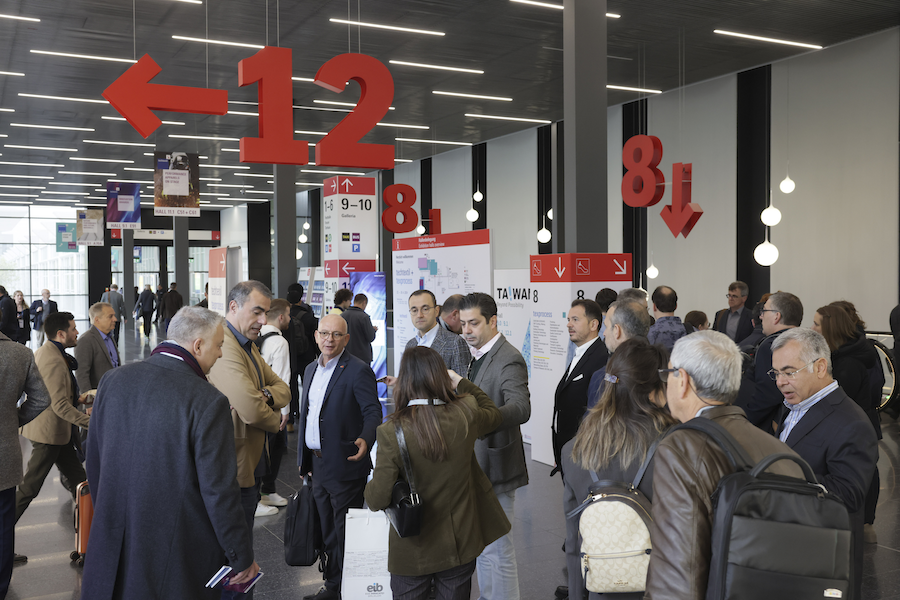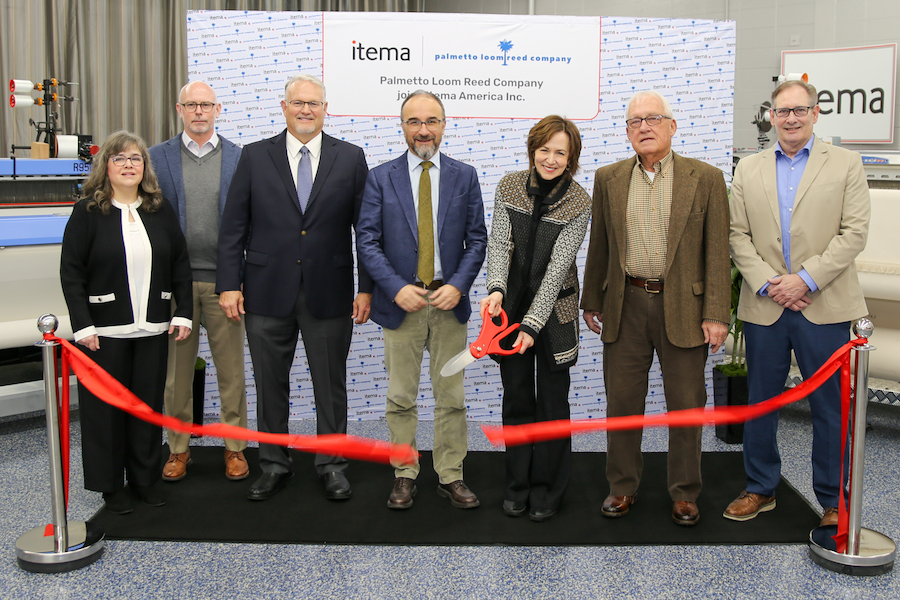#Yarn & Fiber
Flocus, the trademark for kapok fibers
Flocus™ offers a range of kapok textile materials such as fibers, yarns, textiles and nonwovens, which provide the textile industry with a naturally sustainable and regenerative alternative which has not been available before.
Flocus™ pioneers sustainable and regenerative textile solutions based on kapok fiber, and it is creating a responsible supply chain for kapok.
With the most advanced technology in the market, FLOCUS™ can spin the highest kapok percentage, offer yarns in the thinnest counts with the possibility of low minimum order quantity per blend.
Flocus™ Kapok offers products which can reduce the presence of animal and synthetic products in the market, utilizing a completely natural alternative without abandoning functionality.
FLOCUS™ is a 100% sustainable ‘open’ source textile concept in which buyers can tailor blend their needs for their sustainable collection
The Flocus™ team works in partnership with companies who want to investigate the use of the eco-responsible fibers and is testing the wide range of applications of Flocus™ kapok stuffing, yarns, fabrics, nonwovens for thermo and sound insulation, waddings, foam replacement, medical, automotive and technical uses and others.
Flocus™ history and know-how
Flocus™ was established in 2016 by Jeroen Muijsers (CEO and technical director) and Sara Cicognani (marketing and commercial director). After about three years of research, they were joined in mid 2018 by Andre Van Wolde, now CFO of the company.
The business idea came in 2014, when Jeroen Muijsers, a textile engineer interested in developing new application for low-impact materials, came across Kapok fiber and started studying it. His intuition on the huge potential of kapok fibers brought him to travel all over China and Indonesia to find out more about it.
Kapok is a natural fiber, traditionally used by local population for fillings but with no large scale applications until Flocus ™ founding. Beside kapok several interesting properties, there were some limits that had been inhibiting the possibility to use it at a larger scale and build a supply chain on textile products based on it: kapok fibers are short stapled ones (2-4 cm length), very light and empty inside: for this reason they incorporate air and made the spinning attempts unsuccessful.

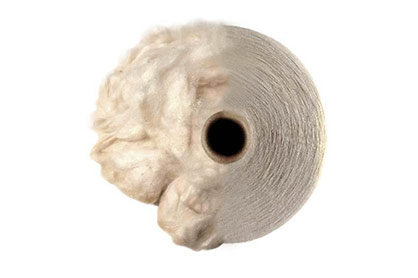
FLOCUS™ developed its own technology that finally made kapok fibers easier to spin and suitable for many different uses.
Flocus ™ kapok applications:
- Yarn and textile
- Fiber and non-woven stuffing
- Composites and pressed materials
- Medical
- Packaging
- Oil absorption
- Construction
- Hygiene
- Automotive
FLOCUS™ mission
Today, with the most advanced technology in the market, FLOCUS™ can spin the highest kapok % and offers yarns in the thinnest counts with the possibility of low minimum order quantity per blend.
Since 2016, FLOCUS™ has been promoting the use and the knowledge of kapok fibers:
- Planting kapok trees in Indonesia to cover the increasing demand, in areas where the desertification risk is high, helping the poor and delicate ecosystem to find a new balance
- Testing the wide range of applications of kapok
- Building partnership with companies to help them using kapok for a wide range of products (stuffing, yarns, fabrics, fillings, industrial uses)
- Established 4 operative offices in Italy, Netherland, Indonesia, China (Shanghai)
- Investing in the CSR facility in Indonesia with about 15-25 people employed, that is due to be completed by the end of 2021
The kapok fibers and the increasing demand for eco-responsible materials
Kapok is the most sustainable fiber in the market leaving no human footprint behind. Nature has given Kapok numerous properties like its silky soft and dry touch of the fiber itself, antimoth and antimite properties as well as insulation properties comparable to down, and many others. FLOCUS™ Kapok combines these natural qualities with performance, functionality and a wide range of applications.
Kapok is a natural fiber coming from a non-food fruit crop (Ceiba pentandra) that grows in many subtropical areas. They can be picked, like an apple, leaving the tree to grow and prosper. We use kapok coming from South East Asia. The Kapok trees need no irrigation, no pesticides, and no fertilisers, they thrive only with natural resources. They can grow on hills, in a biodiverse environment, and on land which is not suitable for agricultural purposes - resulting in 100% positive impact on the environment.
Why FLOCUS™ Kapok is the most eco-responsible fiber
Kapok is a pure and natural, non-food, vegan product. Developing the production of this material, in the countries where kapok trees grow, helps to regenerate communities and develop economic prosperity - as well as having a positive impact.
Flocus™ encourages and enables the industry to choose its ingredients carefully. Kapok is given by nature, organic by default - helping the people, helping the planet.
Kapok trees generate an efficient eco-system which avoids erosion, avoids deforestation, sequesters carbon and increases O2 in the atmosphere, preserves water, supports poly-cropping, organically fertilises the land, saves agricultural land, and is completely sustainable and regenerative.







